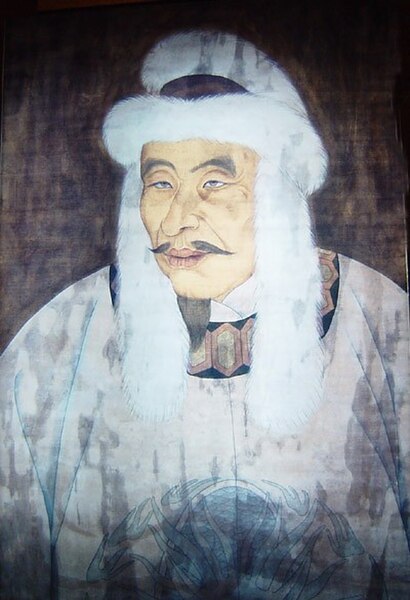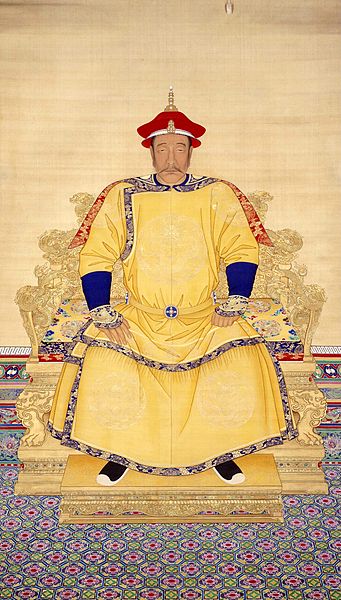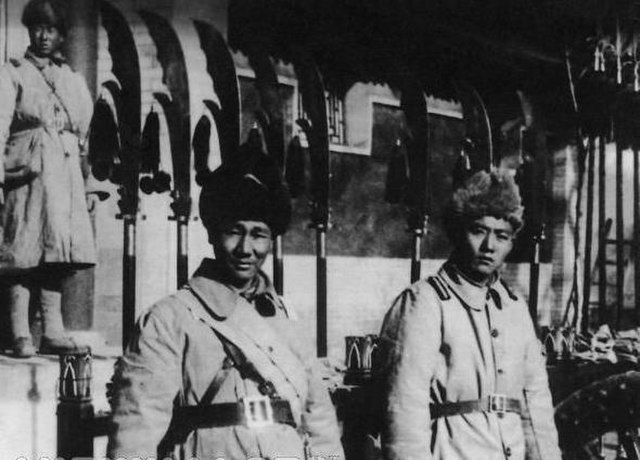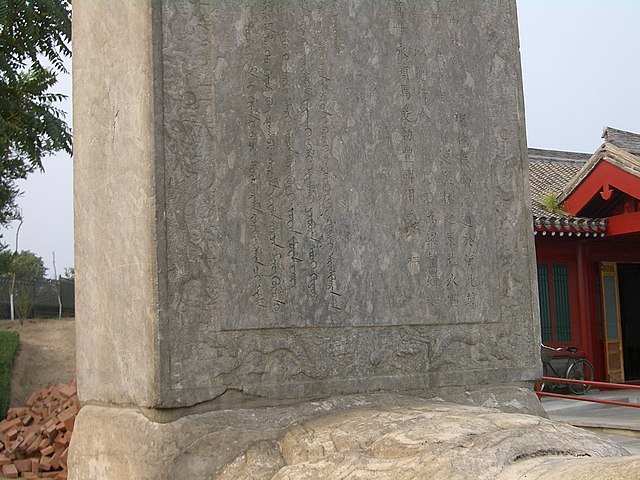The Manchus A are a Tungusic East Asian ethnic group native to Manchuria in Northeast Asia. They are an officially recognized ethnic minority in China and the people from whom Manchuria derives its name. The Later Jin (1616–1636) and Qing (1636–1912) dynasties of China were established and ruled by the Manchus, who are descended from the Jurchen people who earlier established the Jin dynasty (1115–1234) in northern China.
Manchus form the largest branch of the Tungusic peoples and are distributed throughout China, forming the fourth largest ethnic group in the country. They can be found in 31 Chinese provincial regions. Among them, Liaoning has the largest population and Hebei, Heilongjiang, Jilin, Inner Mongolia and Beijing have over 100,000 Manchu residents. About half of the population live in Liaoning and one-fifth in Hebei. There are a number of Manchu autonomous counties in China, such as Xinbin, Xiuyan, Qinglong, Fengning, Yitong, Qingyuan, Weichang, Kuancheng, Benxi, Kuandian, Huanren, Fengcheng, BeizhenB and over 300 Manchu towns and townships. Manchus are the largest minority group in China without an autonomous region.

Aguda, Emperor Taizu of Jurchen Jin
An imperial portrait of Nurhaci
Prince Zaitao dresses in modern reformed uniform of late Qing dynasty
Fengtian Clique soldiers in the 1920s
Manchu is a critically endangered East Asian Tungusic language native to the historical region of Manchuria in Northeast China. As the traditional native language of the Manchus, it was one of the official languages of the Qing dynasty (1644–1912) of China, although today the vast majority of Manchus speak only Mandarin Chinese. Several thousand can speak Manchu as a second language through governmental primary education or free classes for adults in classrooms or online.
Plaque at the Forbidden City in Beijing, in both Chinese (left, 乾清門; qián qīng mén) and Manchu (right, kiyan cing men)
The Kangxi Emperor's stele near Lugou Bridge, with parallel Chinese and Manchu text
"Banjin Inenggi" and Manchu linguistic activity by the government and students in Changchun, 2011







